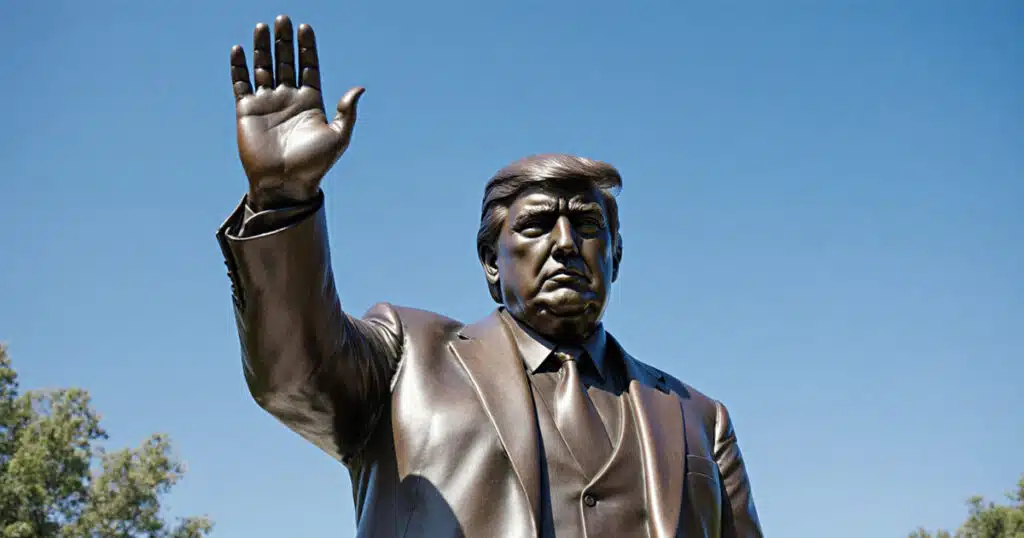
Vetting process questioned of those who enter U.S. from terror-sponsoring nations
A Cuban-American congressman from Florida discovered through questioning that federal officials are “vetting” foreign agents entering the U.S. by relying on information provided by their government, including if it is designated as a state sponsor of terrorism.
At a U.S. House Homeland Security Subcommittee on Transportation and Maritime Security hearing this week, its chairman, U.S. Rep. Carlos Gimenez, R-Florida, grilled Transportation Security Administration officials about why Cuban Communist officials were touring federal facilities and a major international airport. Cuba is one of four countries that has been designated as a state sponsor of terrorism by the U.S. State Department. The others include Iran, North Korea and Syria.
The hearing followed letters Gimenez sent to the Biden administration sounding the alarm earlier this year, The Center Square reported.
Gimenez asked Melanie Harvey, TSA’s executive assistant administrator for Security Operations, “How do you vet somebody who is an agent of a state sponsor of terrorism?”
“The process is that the officials from any country who’s traveling here submits their passport and information to TSA,” Harvey replied. “TSA provides that information to both the Department of State for processing of a visa as well as DHS chief security officer to do the background check.”
“Who provides the information?” he asked.
“We receive the passport information from the foreign delegations,” she said, but was interrupted by Gimenez, who completed her sentence saying, “from the state sponsor of terrorism? So you’ve got an agent from a state sponsor of terrorism … that’s how you vet people?”
“We use the passport information submitted by the foreign government to do vetting no matter what country they are from,” Harvey replied.
“And you think that’s adequate?” Gimenez asked. He raised other questions about Iran in light of the fact that there are direct flights from the U.S. to Iran.
He asked if TSA “would allow the Iranian government, who we know sponsors terrorism with Hezbollah and Hamas, we will allow their folks to come into our facilities to view our procedures, our equipment, into sensitive areas so that we can have reciprocity?”
She didn’t reply.
“I think that’s insane,” he said, adding, “So, I guess we’re going to have to write another law.”
Gimenez said he would cosponsor a bill with another Republican and Cuban-American from Florida, U.S. Sen. Marco Rubio.
Gimenez also said reciprocity was not a reason to allow officials from a state sponsor of terrorism to have access to U.S. airports. He said the Cuban government will not stop flights to Cuba if the U.S. federal government prohibits their officials from visiting U.S. facilities.
The hearing was held after Gimenez and other lawmakers criticized President Joe Biden’s Cuba policies, including inviting Cuba’s Communist Party members to visit the U.S. Coast Guard headquarters in Washington, D.C., U.S. port facilities in Wilmington, North Carolina, and the Miami International Airport.
Florida Attorney General Ashley Moody has also called on U.S. Treasury Secretary Janet Yellen to stop the agency’s “continued support of Cuba’s communist interests.” The Treasury Department recently reversed a 2017 ban by issuing new regulatory changes to the Cuban Assets Control Regulations, known as the CACR amendments. They include authorizing Cuban nationals who identify as “independent private sector entrepreneurs” to open and use U.S. bank accounts regardless if they physically live in the U.S.
Despite Cuba’s terrorism designation, the Biden administration removed Cuba from the short list of countries deemed uncooperative on counterterrorism, Moody notes.
Gimenez and other Cuban-American lawmakers have also raised the alarm about Chinese spies operating in Cuba, reportedly targeting Cuban-Americans.
Gimenez and other Cuban-Americans were especially incensed by TSA and the State Department welcoming “Castro regime agents to the home of the largest population of Cuban-Americans in the United States by hosting them for a tour of Miami International Airport” on May 20.
May 20 was the 122nd celebration of Cuban Independence Day, “an extremely significant date for Cuban expatriates, many of whom, like me, fled their home after the Communist dictatorship takeover,” Gimenez said.
Every year, Cuban-Americans celebrate May 20 remembering “the sacrifices made to escape communism, celebrate the freedoms we enjoy in the democratic United States, and pray for those who are still subjugated to the rule of the brutal Communist dictatorship,” he said.
The Biden administration welcoming Castro regime agents to Miami on May 20 was “a slap in the face to Cuban-Americans all across the country.”



